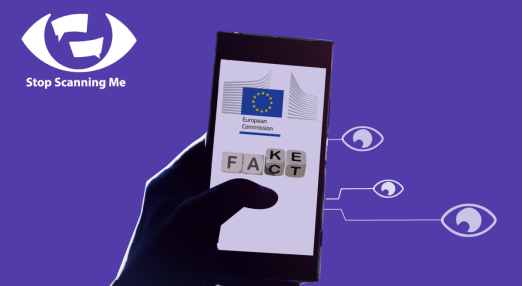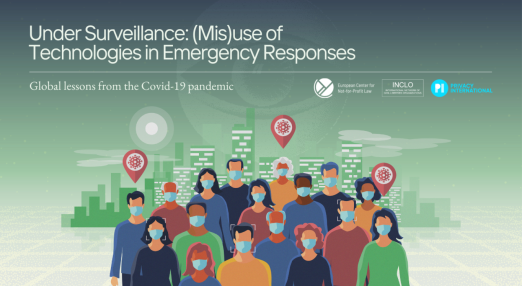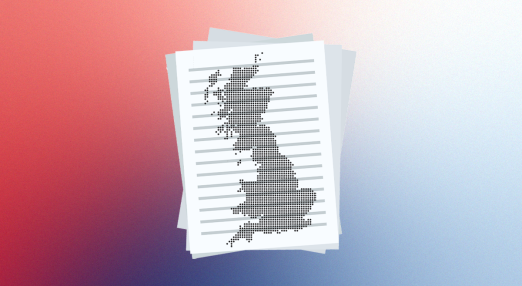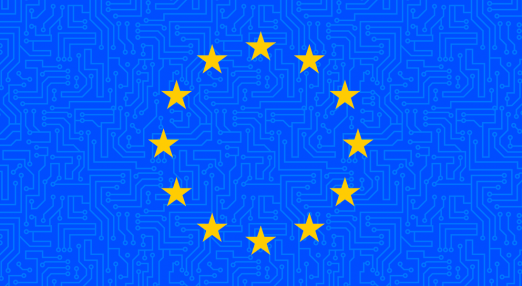data protecion
Filter by...
-

Czech online state services without Google Analytics: thanks to IuRe
The Czech organisation Iuridicum Remedium (IuRe) sent an open letter to the Ministry of Health in June 2021. It was mainly about the vaccination system, but its impact is much bigger: many state websites are getting rid of Google Analytics and thus taking more account of user privacy.
Read more
-

European Commission must have greater ambition in combating sexual violence
Last year, the European Commission made a far-reaching proposal to protect children against sexual violence. But a study by Delft University shows that there is a lot wrong with the substantiation of the proposal.
Read more
-

SERBIA: Government retracts again on biometric surveillance
Another attempt to legalise mass biometric surveillance in Serbia was ditched by the government in a sudden U-turn just as 2022 was drawing to a close. In a little over a year this was the second draft law on internal affairs failing to pass the public hearing stage before its formal introduction to the parliamentary vote.
Read more
-

Under surveillance: (mis)use of technologies in emergency responses
In the months following the beginning of the COVID-19 pandemic, more than half the world’s countries enacted emergency measures. Within this broader context, we have seen a rapid scaling up of governments’ use of technologies to enable widespread surveillance. How has this impacted civil society groups globally?
Read more
-

Legal challenge: The Serbian government attempts to digitise social security system
Organisations from across the world submit a joint legal opinion to support a Serbian NGO’s legal challenge to the Social Card law due to concerns over the right to privacy, the right to social security, and data protection.
Read more
-

Post-Brexit data protection laws are coming, and we should all be concerned about it
The UK Government are expected to reveal their Post-Brexit data protection bill on 10 May. They are proposing a framework that frames personal data in terms of economic assets and aims to "cut red tape" to promote their commercial use. These ideas draw considerable support among corporate lobbyists and large technology companies, which would no doubt leverage the "UK example" to advocate for weaker data protection standards in Europe. In turn, understanding and opposing these changes should not be seen as a domestic issue, but as a major threat for digital rights advocates across the globe.
Read more
-

What went down at #PrivacyCamp22?
EDRi’s annual flagship event Privacy Camp took place yesterday, on 25 January, for the first time online. We hope many of you were able to attend and that you found the event just as inspirational as the in-person experience.
Read more
-

Hide and Seek: Polish DPA agrees that people should be able to access their advertising profiles, but there’s no way to do so
Following EDRi member Panoptykon’s General Data Protection Regulation (GDPR) complaint against one of the biggest Polish news website, Interia.pl - the Polish Data Protection Authority has confirmed that online publishers should give users access to their advertising profiles generated for the purposes of delivering behavioural ads.
Read more
-

Tinkering with keys weakens encryption
Politicians sometimes claim to have the solution to "the problem of encryption". They think encryption is important, but they also want the police to be able to read along. Therefore they propose to "just" add an extra key and "leave the encryption untouched". But is it?
Read more
-

Human Rights Groups Submit Complaint to European Ombudsman Calling for Investigation into EU Surveillance Aid
Privacy International (PI), together with 5 other human rights groups, has submitted a complaint to the European Ombudsman calling for an investigation into EU surveillance aid to non-EU countries.
Read more
-

The Data Governance Act – between undermining the GDPR and building a Data Commons
Compared to the DSA and the DMA, the DGA has received relatively little attention, both from the digital rights community and, seemingly, from industry stakeholders. So far, the discussion in the EP – where the Internal Market ( IMCO), legal affafirs (JURI) and civil liberties (LIBE) committees have issued opinions – has revealed relatively few clear faultlines.
Read more
-

DSA should promote open and fair digital environment, not undermine the rule of law
The Rapporteur of the European Parliament Committee leading one of the most important legal initiatives to regulate platforms has spoken. The Internal Market and Consumer Protection (IMCO) Committee's draft report on the Digital Services Act (DSA) turns online platforms into judge, jury and executioner when it comes to removing online content. This follows the same logic as the Copyright Guidelines that were presented last week. It also gives vast powers to the European Commission and national governments to suppress opposing voices.
Read more
